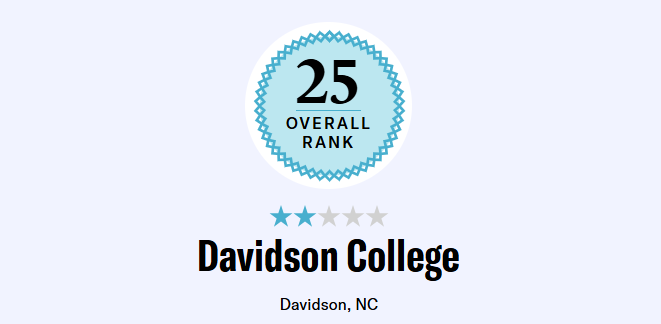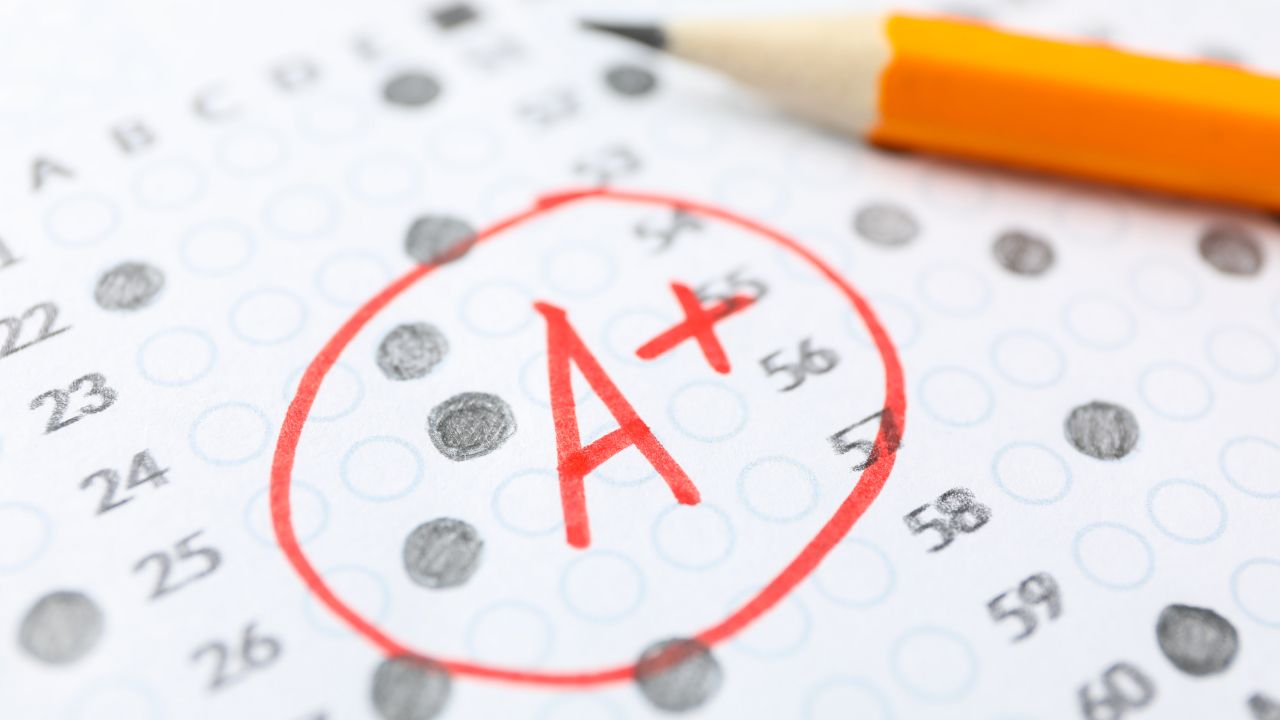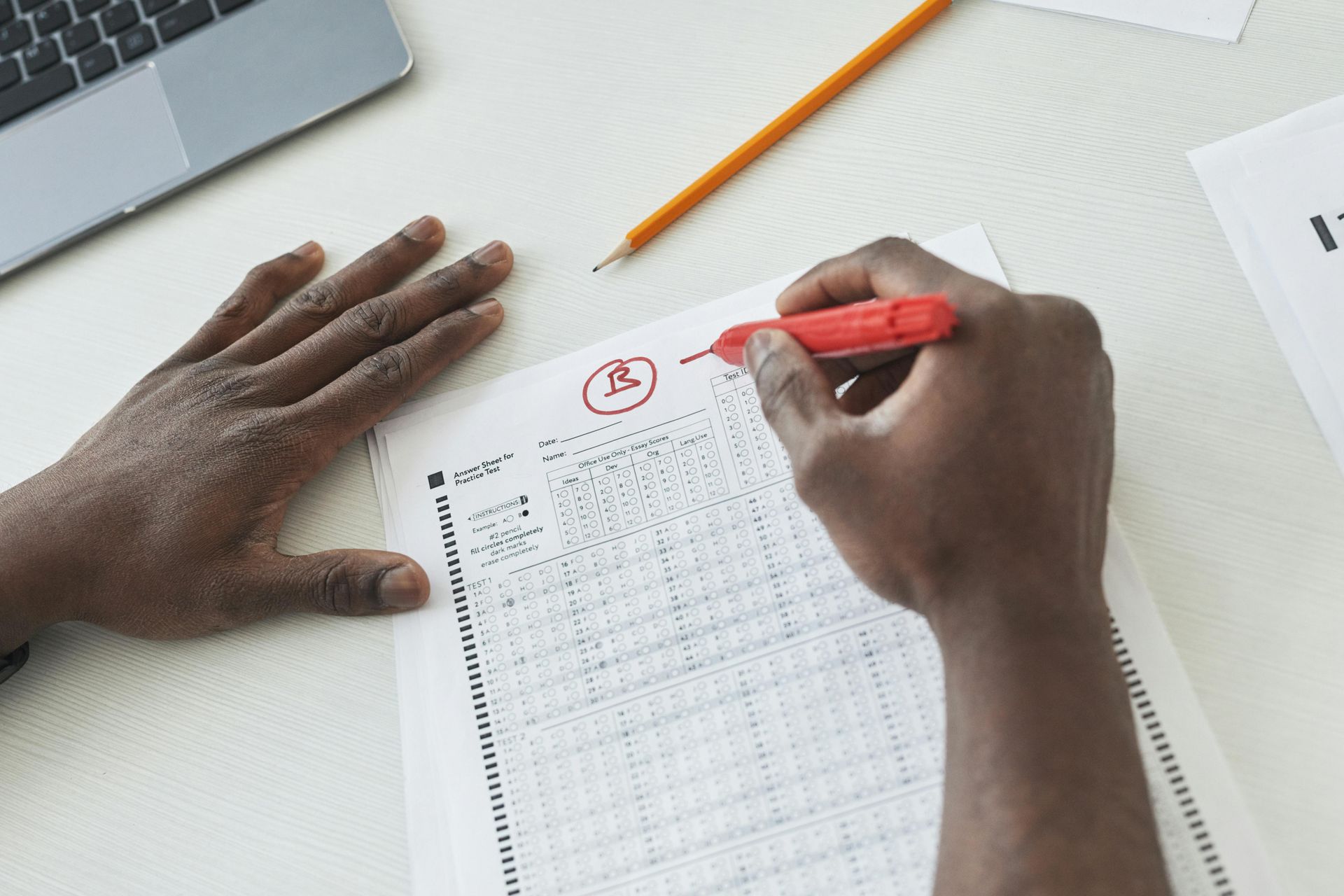UNC Tries to Create a ‘Free-Speech Culture’
Jed Atkins, head of the Chapel Hill campus’s new School of Civic Life and Leadership, wants to teach students to be tolerant, in an old-school way.
By Barton Swaim
Wall Street Journal - Opinion
October 4, 2024
Chapel Hill, N.C.
Why American politics in the 21st century is marred by incivility and mistrust is the subject of more books and essays than any normal person would wish to read. The premise underlying most of them is that it’s a left-right problem: The right hates the left and the left hates the right, only the reasons for the hatred vary according to the author.
But what if it isn’t a left-right problem at all? What if the acrimony and loathing that animate our politics have more to do with class than ideology, more to do with educational status than any set of views on culture and policy?
The assumption that the nastiness of our politics is chiefly a matter of warring ideologies wouldn’t explain, for one thing, the mindless rage currently evident on elite campuses. These are places dominated by a confederation of left-progressive worldviews, yet the acrimony issuing from them is ferocious: occupations of quads and academic buildings, chanting mobs in the grip of antisemitic lunacy, assaults on Jewish students, flag-burning exhibitionism, dizzying varieties of “intersectional” preoccupations glomming onto the cause of anti-Zionism, and on and on.
Ordinary Americans don’t behave this way. A not insignificant number of students and faculty at the country’s finest universities do. The conclusion would seem to be unavoidable that elite higher education is failing in its duty to convey to students a sense of the world’s moral and political complexity and the necessity of humility in trying to interpret it. America’s leafy campuses are instead turning out large numbers of graduates who hold insane political views and detest anyone who doesn’t share them.
An awareness of this state of affairs recently led the trustees of the University of North Carolina at Chapel Hill—among the nation’s top public universities—to imagine a way forward. In January 2023 the board voted 12-0 to create a School of Civic Life and Leadership. Its purpose, according to an official statement, is to prepare students “for the responsibilities of citizenship and civic leadership by fostering a free-speech culture” dedicated to the “human search for meaning and developing the capacities for civil discourse and wise decision-making.”
The board’s decision predictably led some faculty, administrators and media commentators to allege the new school to be some kind of right-wing Republican fifth column. A few professors, always suspicious of ideas that don’t come from their own ranks, claimed, amazingly, that the board had no right to establish a new institution within the university.
In August I met with Jed Atkins, dean of the SCiLL, as it’s abbreviated. Until his appointment at UNC, he was a classics professor at Duke University, where he co-directed the Civil Discourse Project, a program designed to have students from widely divergent backgrounds and political commitments read classic texts, from Aristotle to Martin Luther King Jr., and analyze their meanings in light of present political circumstances.
Mr. Atkins prefers not to talk about the school’s allegedly controversial beginnings, and I don’t blame him. “Origins aren’t destiny,” he says. But he adds: “I can’t think of many things less controversial than providing a civic education that brings students from all backgrounds and viewpoints into community to be able to explore the big questions of human flourishing.”
Mr. Atkins, 42, is attuned to the reasons young people in the 2020s find it hard to engage in robust political argument. “We now carry in our pockets these little recording devices”—he holds up his smartphone—“and anything you say might be recorded and might find its way to the recruiters of the job that you’re applying for. There are a lot of disincentives to engage in the types of open and free-wheeling conversations that, for 20-, 21-, 22-year-olds, can be so transformative.”
I mention that a friend of mine, a professor of literature at an elite university, recently observed something he’s noticed about his students over the past couple of decades: They seem to think of social and political problems as simple matters of good and evil. Good people take the right view, evil people take the other. I liken it to Manichaeanism, the third-century philosophy holding that the world consists of spirit (good) and matter (evil).
“There’s something deeply human in that form of dualism,” Mr. Atkins says. “The basic Greek understanding of justice that Plato had to interrogate was that of helping your friends and harming your enemies. There’s a way of understanding the Hebraic law code that sees its judicial standards as breaking the cycle of violence and retribution.” (He’s right about the Mosaic law, incidentally. “An eye for an eye,” frequently caricatured as mere brutality, was meant to curb the retributive urge: Not a life for an eye, only an eye for an eye.)
Dualism is a constant temptation in human affairs, Mr. Atkins says, but it has been heightened in recent decades: “Social media is a great ratchet. There’s a ‘like’ button and a ‘dislike’ button, no ‘maybe’ button.”
Are there other ratchets? Young Americans are rejecting institutional religion in large numbers,” Mr. Atkins says, “but they aren’t abandoning the religious desire for personal meaning, moral belonging, transcendent experiences, rituals, community.” He cites Tara Isabella Burton’s 2020 book, “Strange Rites: New Religions for a Godless World.” I would also mention the books and lectures of Jordan Peterson. “Political and social movements have increasingly come to fulfill these religious longings,” Mr. Atkins continues. “The sacralization of politics inflames the urge toward dualism. They don’t see the political process as negotiating policy trade-offs but as a site of meaning and moral belonging achieved at the expense of their political out-group.”
“The civic crisis,” Mr. Atkins says, using his term for Americans’ inability to engage civilly on political subject, “is downstream from the crisis of meaning.” A properly liberal education of the sort UNC’s new school aims to foster “asks students to rise above their partial viewpoints and perspectives to consider questions that transcend their own time and place, and to do that together.”
What sort of questions? “What is the best political form? What is the best economic form? Does history have a direction and purpose? How do we reconcile liberty and our responsibilities to society? Is there a God? Maybe more particularly to the American regime: The foundational principles of the Declaration, liberty and equality—are they universal?” My thought: If a school dedicated to pondering and debating questions like these in a spirit of trust and generosity counts as a furtive right-wing insurgency, by all means let’s have more right-wing insurgencies.
Already the new school has hired 11 faculty, among them Mr. Atkins’s colleague at Duke with whom he ran the aforementioned Civil Discourse Project, John Rose. Mr. Rose’s op-ed “How I Liberated My Classroom,” on the pathology of self-censorship on college campuses, appeared in these pages in 2021.
Our conversation takes place in the school’s building. A 10-minute walk away is the quad where, on April 30, anti-Israel protesters, hiding their faces behind surgical masks and kaffiyehs, knocked over barricades, took down the American flag and replaced it with a Palestinian one. The university’s interim chancellor, Lee Roberts, whose office is adjacent to the quad, arrived with police to restore the Stars and Stripes. (Mr. Roberts has since been made chancellor.)
When protesters took the flag down a second time, a group of fraternity brothers—mindful of the U.S. Flag Code’s provision that “the flag should never touch anything beneath it, such as the ground”—held it in hand at the base of the flagpole, smiling as they endured the faceless mob’s shouted insults, until, an hour later, Old Glory could be hoisted again. The scene generated a crowd-sourced effort to raise money for a party for the “triumphant Brohemians” who participated in the flag-preserving effort. A little more than half a million dollars was raised, and the party happened—flyover, patriotic rock concert, beer galore—on Sept. 2.
It is an amusing irony that frat bros—a class of student not famous for sobriety and moderation—behaved far more civilly than their allegedly conscientious and intellectually engaged peers. The episode was a reminder, as if any were needed, that elite universities are deeply confused about the ideals they are meant to protect and foster: free speech, open rational debate, principled dissent.
Mr. Atkins thinks well-meaning university administrators—people who genuinely want universities to cultivate small-l liberal values—have too often assumed that subscribing to formal statements on “free expression” would solve the problem. “It’s very much about culture,” he says. “Statements of principle are important. The Kalven Report, the Chicago Statement”—the former a 1967 recommendation that the University of Chicago adopt a position of institutional neutrality, the latter a declaration of principles on free speech—“all those are important. I support those statements. But I think over the past 20 or 30 years we’ve spent a lot of time talking about principles and statements, which can be action-guiding, but not nearly enough time creating a free-speech culture in the classroom, in the residential halls.”
In many ways Mr. Atkins sounds like a figure of the 18th-century British Enlightenment expatiating on the benefits of polite reciprocity, rational discourse and the open exchange of views. “Free speech and civil discourse,” he says, “requires humility, the capacity to listen well. It requires building up trust. It’s much harder to cultivate that kind of culture than it is, say, to protest on the quad.”
Mr. Atkins’s third book, published Tuesday by Oxford University Press, is titled “The Christian Origins of Tolerance.” It is a tightly reasoned, footnote-heavy academic treatise on four Christian North African writers of the second through fifth centuries: Tertullian, Cyprian, Lactantius and Augustine. The “standard liberal narrative,” as Mr. Atkins terms the common explanation for the emergence of tolerance in the West, holds that it appeared after the so-called wars of religion in the 16th and 17th centuries. Only when Europe’s leading lights learned to put aside their overarching theological commitments, this narrative claims, could regimes embrace tolerance as a virtue.
Mr. Atkins contends that tolerance—which he defines, variously, as “patience within plurality” and “forbearance in the face of things, people, or viewpoints one finds objectionable or wrong”—emerged much earlier from Christian theologians thinking through biblical texts.
Reading the book, I’m reminded that the word “tolerance” and its cognates were used frequently in liberal political discourse two or three decades ago, but not much anymore. The reason, I suspect, has to do with its proper definition: To tolerate a thing is to put up with it even though you disapprove. At no point was postwar liberalism notable for putting up with things liberals disapproved of. A “tolerant” attitude, according to its usage in the 1980s and ’90s, was an attitude that pretended to tolerate things upwardly mobile, socially liberal people already approved of: “alternative lifestyles,” adherents of religions other than Christianity, casual drug use and so on. That isn’t tolerance.
It’s hardly surprising, then, that students on elite campuses, having so rarely seen it properly exemplified, give so little attention to tolerance as a virtue. “They care very much about justice,” Mr. Atkins says. “If you present tolerance or forbearance to them in a way that makes it completely separate from justice, they’ll reject tolerance. They’ll say, Well, doesn’t that make me complicit in injustice?” Part of this new school’s mission, he explains, is to “present justice and forbearance as in a relationship with each other.” Putting up with “views and practices that you find wrong,” he says, “has to be in dialogue with judgments about what is good.”
Mr. Atkins speaks frequently about his students coming to appreciate the complexity and fluidity of their own social and political views, and by extension the recklessness of judging the views of others too easily. “There’s a humility that comes with recognizing how complicated the world can be,” he says. We don’t often hear about students at top-rated universities learning and exhibiting the virtue of humility. Maybe, in time, we will.
Mr. Swaim is a Journal editorial page writer.



